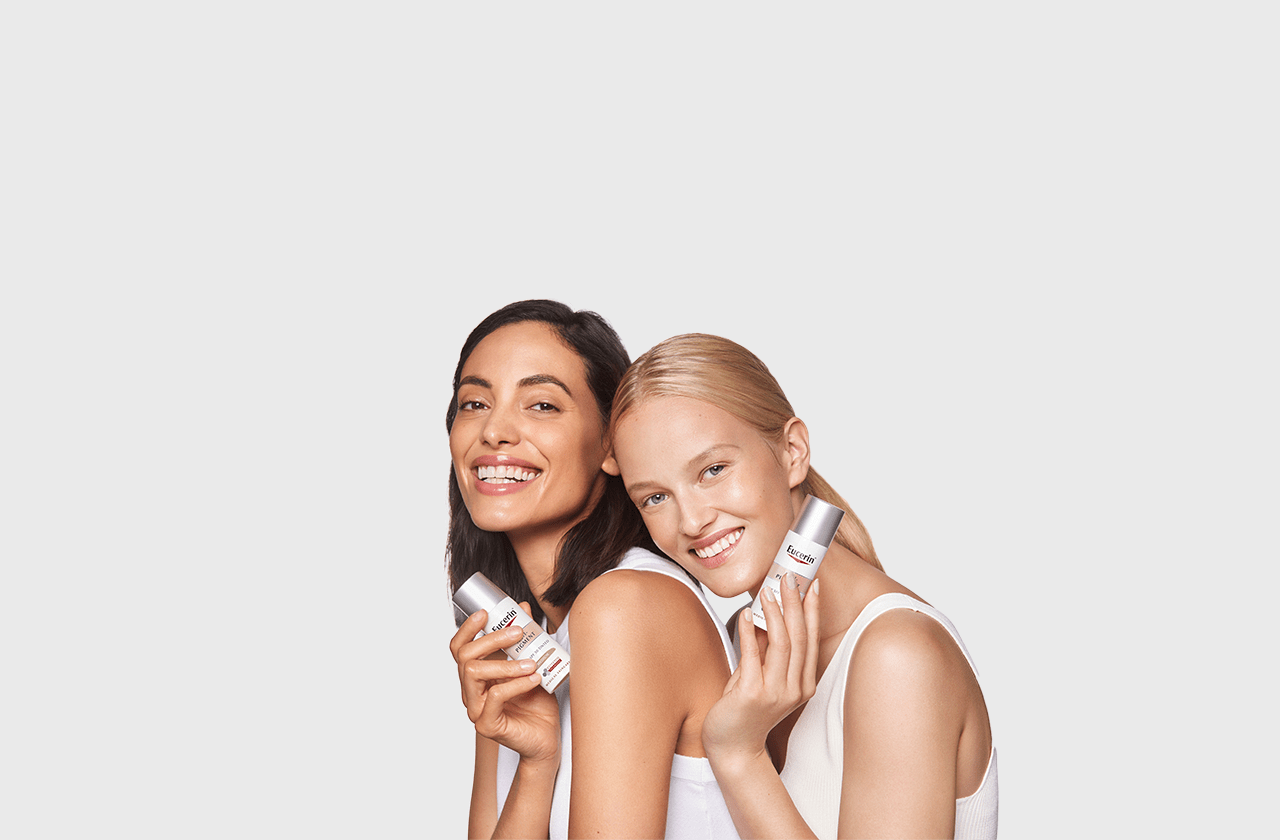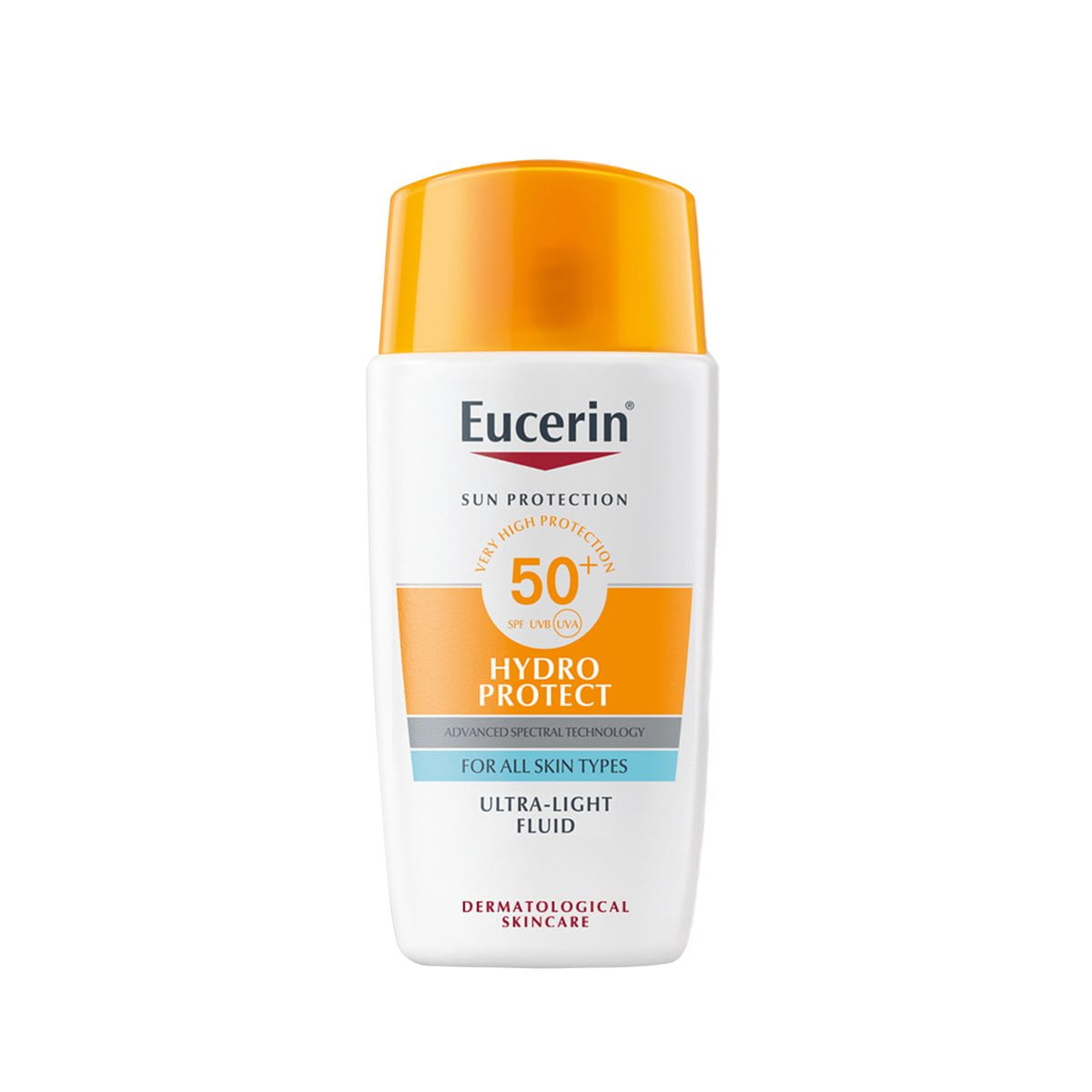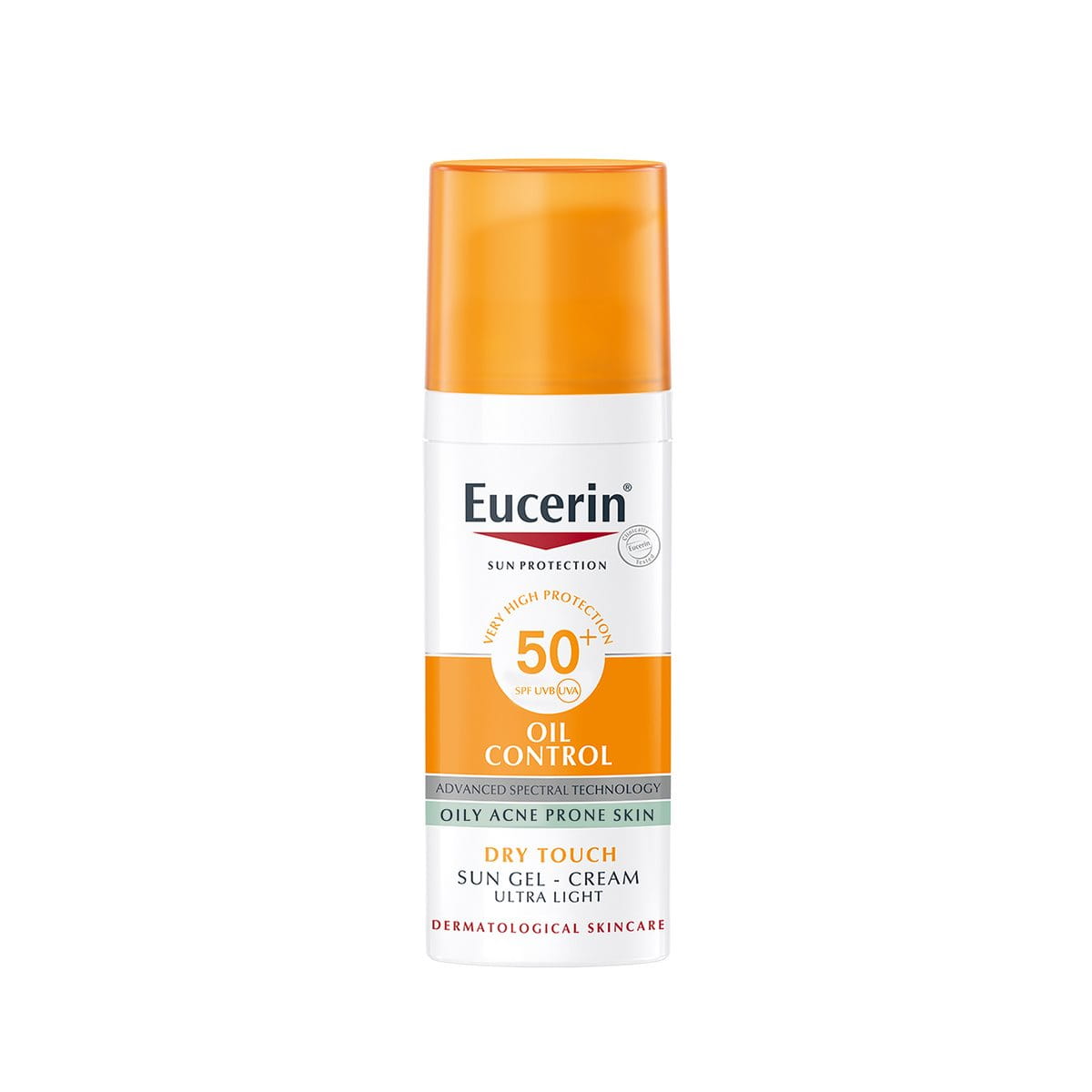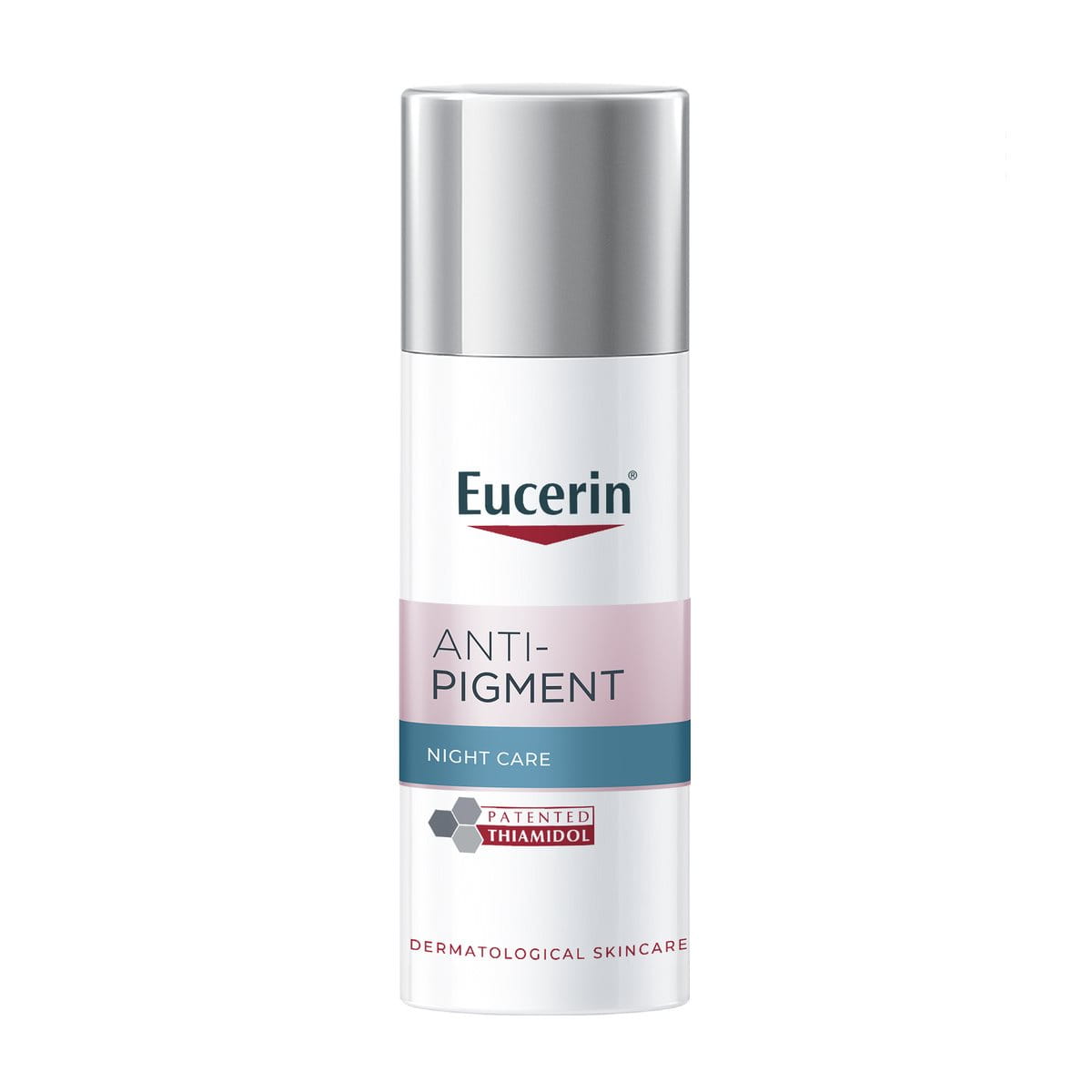As the human body ages, it experiences numerous signs of aging. You can spot signs of aging as early as iwhen you are in your 20s. It is good to bear in mind that aging affects everyone differently. If you want to stay ahead of anti-aging, then you must follow the right skincare routine.
Keynotes:
- Factors such as UV rays, alcohol, smoking, unhealthy diet, poor sleep and stress, etc, cause premature aging.
- Retinoids, peptides, antioxidants and sunscreen are essential for dealing with premature aging.
- You can incorporate anti-aging serums, moisturisers and sunscreens in your day-to-day lives to help fight signs of aging.
- You can resort to microneedling, chemical peels and other skin treatments if you want professional help to deal with premature aging.





